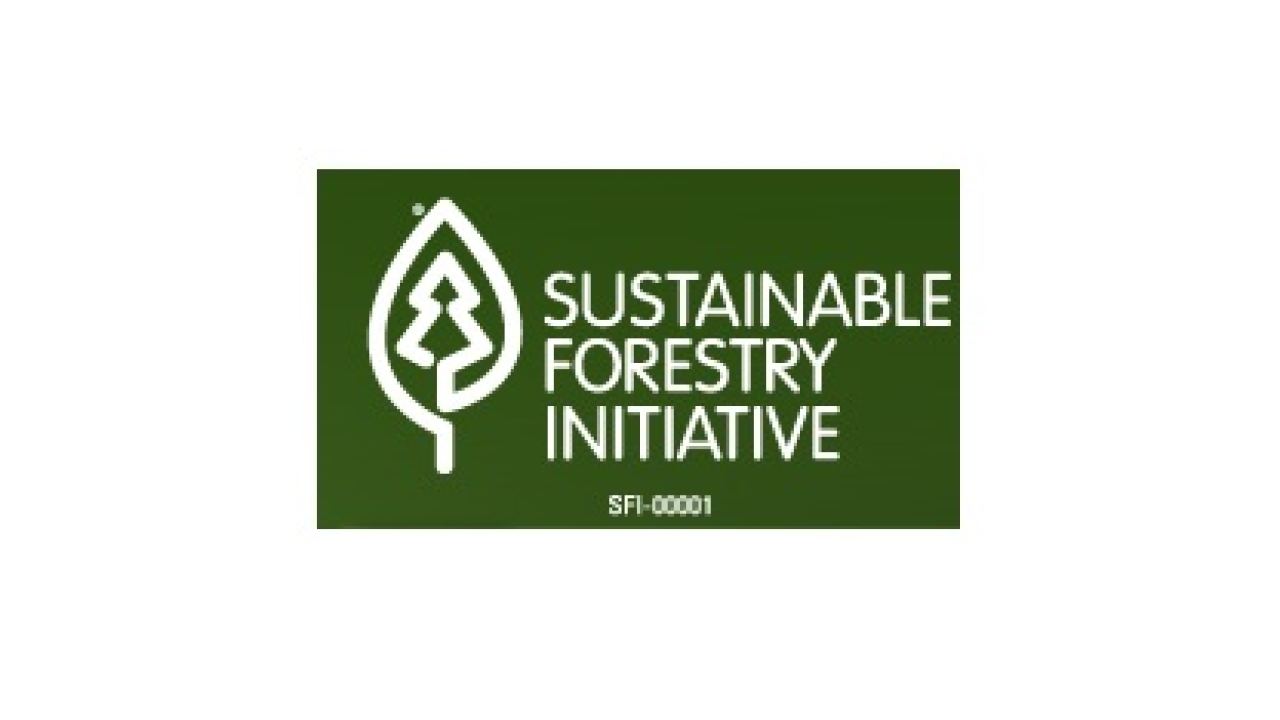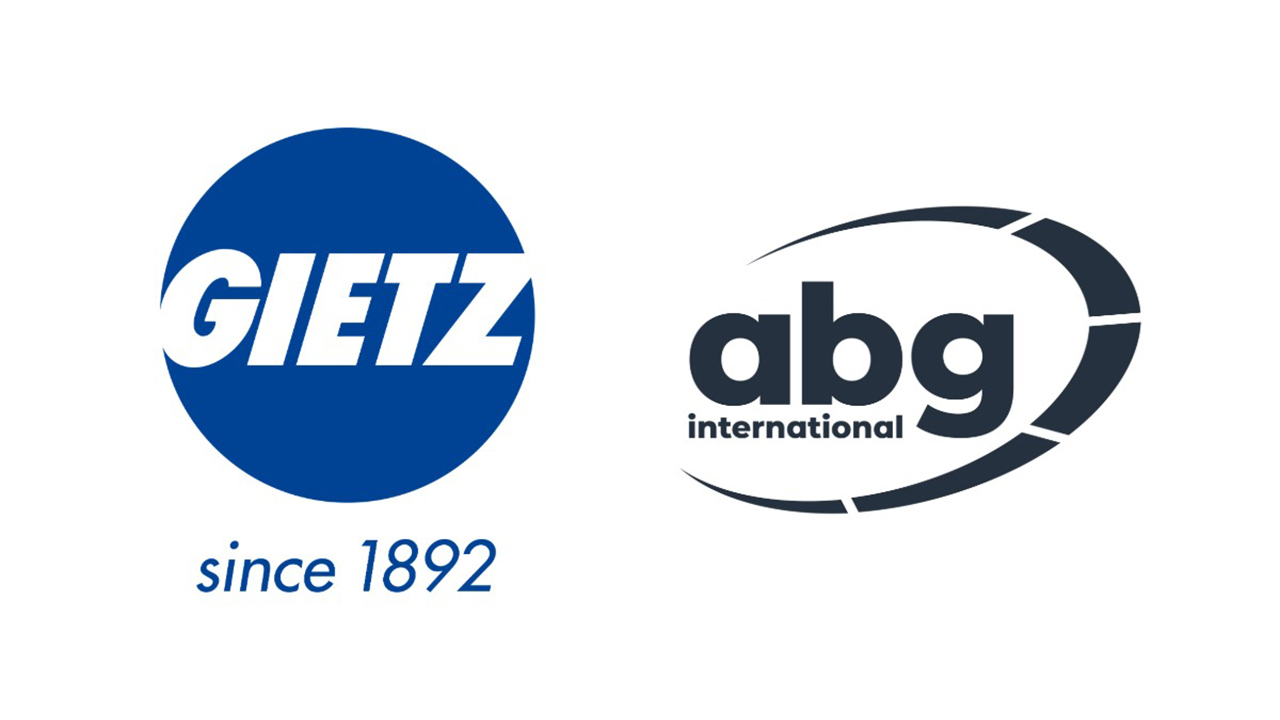Sustainable Forestry Initiative standards updated
Sustainable Forestry Initiative (SFI) Inc. has updated the SFI program’s standards to support better decision making throughout the supply chain and to promote sustainable forest management.

SFI Inc. is an independent, non-profit organization that is solely responsible for maintaining, overseeing and improving the SFI program. Across the US and Canada, more than a quarter of a billion acres/100 million hectares are certified to the SFI forest management standard.
Endorsement by the Programme for the Endorsement of Forest Certification (PEFC) increases SFI’s international recognition.
The SFI standards are updated every five years to incorporate the latest scientific information and to respond to emerging issues. As part of this update, comments were received during two 60-day public comment periods and input was gathered from 12 public workshops across the US and Canada. Approximately 10,000 stakeholders were invited to submit comments.
Participants included public and private landowners, forest sector representatives, indigenous communities, conservation groups, industry representatives, academics and government officials.
A major change is the establishment of three standalone standards as part of the structure of the SFI 2015-2019 Standards and Rules – the SFI 2015-2019 Forest Management Standard, the SFI 2015-2019 Fiber Sourcing Standard and the SFI 2015-2019 Chain of Custody Standard.
The SFI 2015-2019 Forest Management Standard promotes sustainable forestry practices based on 13 principles, 15 objectives, 37 performance measures and 101 indicators. These requirements include measures to protect water quality, biodiversity, wildlife habitat, species at risk and forests with exceptional conservation value.
The SFI 2015-2019 Fiber Sourcing Standard promotes responsible forestry practices based on 14 principles, 13 objectives, 21 performance measures and 55 indicators that address the 90 percent of the world’s forests that are not certified. These fiber sourcing requirements include measures to broaden the conservation of biodiversity, use forestry best management practices to protect water quality, provide outreach to landowners and utilize the services of forest management and harvesting professionals. SFI Inc. said that because it directs how SFI program participants procure fiber from non-certified land, the fiber sourcing standard encourages the use of responsible forestry practices.
The SFI 2015-2019 Chain of Custody Standard tracks the percentage of fiber from certified forests, certified sourcing and recycled content through production and manufacturing to the end product. Organizations can use physical separation, average percentage or volume credit methods to track and communicate their chain of custody claims.
The SFI Chain of Custody Standard is applied globally.
Kathy Abusow, president and chief executive officer of SFI Inc., said: ‘The future of our forests depends on credible, transparent and auditable standards to enable sustainable resource use for today and generations to come. Our work starts with the SFI standards, but SFI is so much more – it’s a community that stands together for the health and future of forests.
‘SFI plays a central role in strengthening the vital link between healthy forests, responsible purchasing and sustainable communities.’
SFI-certified labels and packaging companies include 3C! Packaging, Allen-Bailey Tag & Label, Amcor Tobacco Packaging, the paper packaging division of Bemis, Graphic Packaging International, Green Bay Packaging, Menasha Packaging, Multi Packaging Solutions and Valdese Packaging & Label.
‘The revised SFI standards will continue to serve as a proof point for responsible forestry in North America,’ added Lawrence Selzer, chair of the SFI board of directors, and president and chief executive officer of The Conservation Fund.
‘These standards are shaped by the people and communities who put them into practice every day.’
Stay up to date
Subscribe to the free Label News newsletter and receive the latest content every week. We'll never share your email address.

